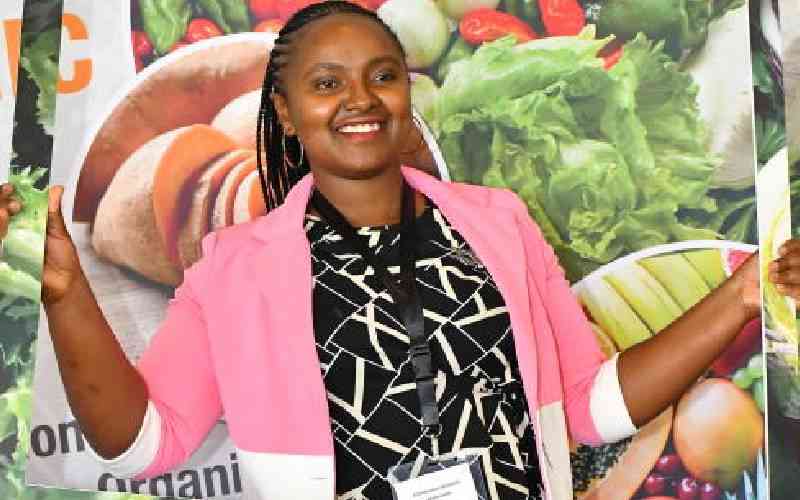×
The Standard e-Paper
Home To Bold Columnists

World Bank statistics say youth in Kenya account for 35.4 per cent of the population. Of these, a million enter the labour market every year.
Yet, very few enter into farming despite the enormous opportunities that lie within the sector. In Kenya, the average age of the farmer is said to be 60 years with the youth having little incentives to delve into agriculture.